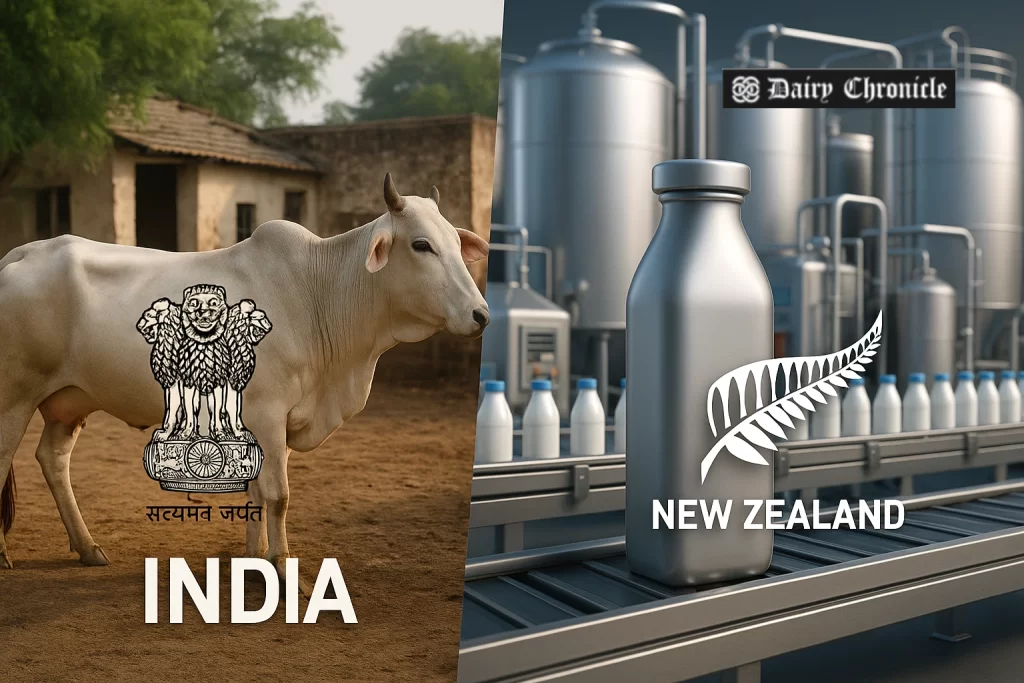India’s ongoing negotiations for a Comprehensive Free Trade Agreement (FTA) with New Zealand have hit a roadblock due to concerns surrounding dairy market access. New Zealand, represented by Deputy Prime Minister and Foreign Minister Winston Peters, is seeking entry for its dairy products into India’s protected dairy sector, which is composed largely of small-scale farmers and cooperatives. Despite mutual interest in furthering the FTA, no timeline has been set for resolving the dairy-related disputes.
The Government of India and the Government of New Zealand are facing a deadlock in their ongoing negotiations for a Comprehensive Free Trade Agreement (FTA), primarily due to unresolved concerns surrounding India’s dairy sector. The talks involve the Ministry of Commerce and Industry of India and New Zealand’s Ministry of Foreign Affairs and Trade, key agencies working to frame the FTA.
New Zealand’s Deputy Prime Minister and Foreign Minister, Winston Peters, during his recent visit to India, acknowledged dairy as a crucial component of the proposed FTA. He reiterated New Zealand’s interest in exporting its premium dairy products to India while recognizing the domestic sensitivities of India’s dairy sector.
India’s dairy industry, which plays a vital role in supporting rural livelihoods and food security, is made up of millions of smallholder farmers and cooperative societies. This structure makes the industry largely self-sufficient and highly protective of foreign competition. Indian stakeholders argue that the entry of New Zealand’s advanced and efficient dairy exporters could undermine the domestic ecosystem.
Despite these challenges, both nations have reiterated their intent to move forward with the agreement. Peters also offered technical cooperation to enhance India’s dairy productivity, suggesting collaboration in breeding technologies and best practices. However, no timeline has been set for resolving the impasse.
The dairy dispute continues to reflect the broader difficulty of balancing trade openness with protections for vulnerable sectors. While trade liberalization could bring mutual benefits, Indian policymakers remain cautious about risking the stability of a sector that forms the backbone of its rural economy.



